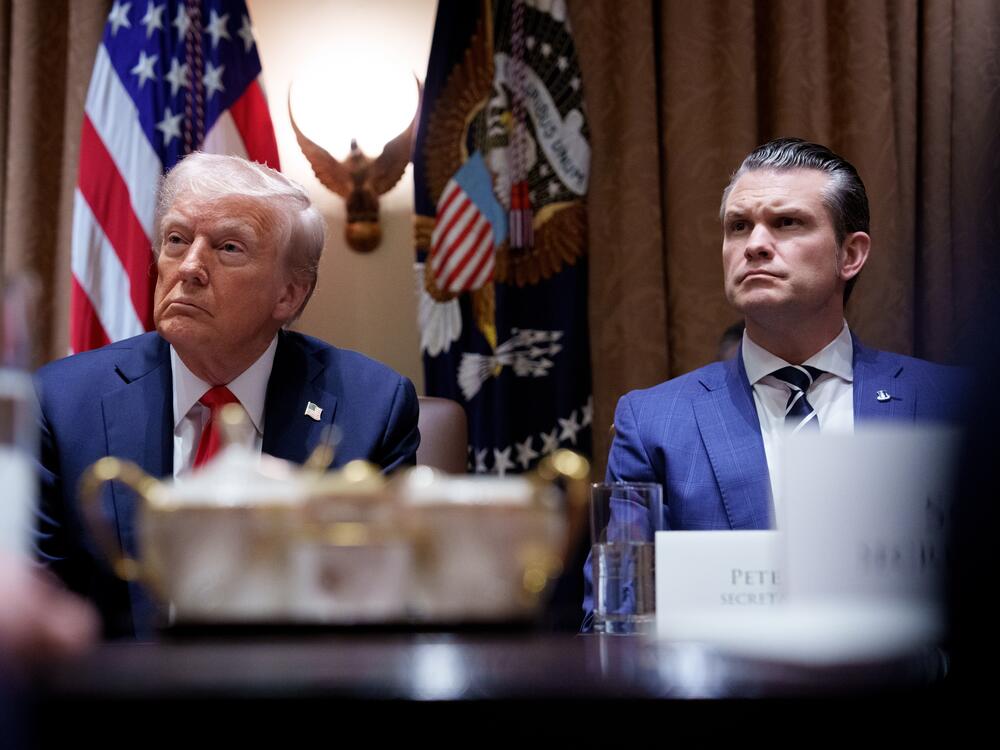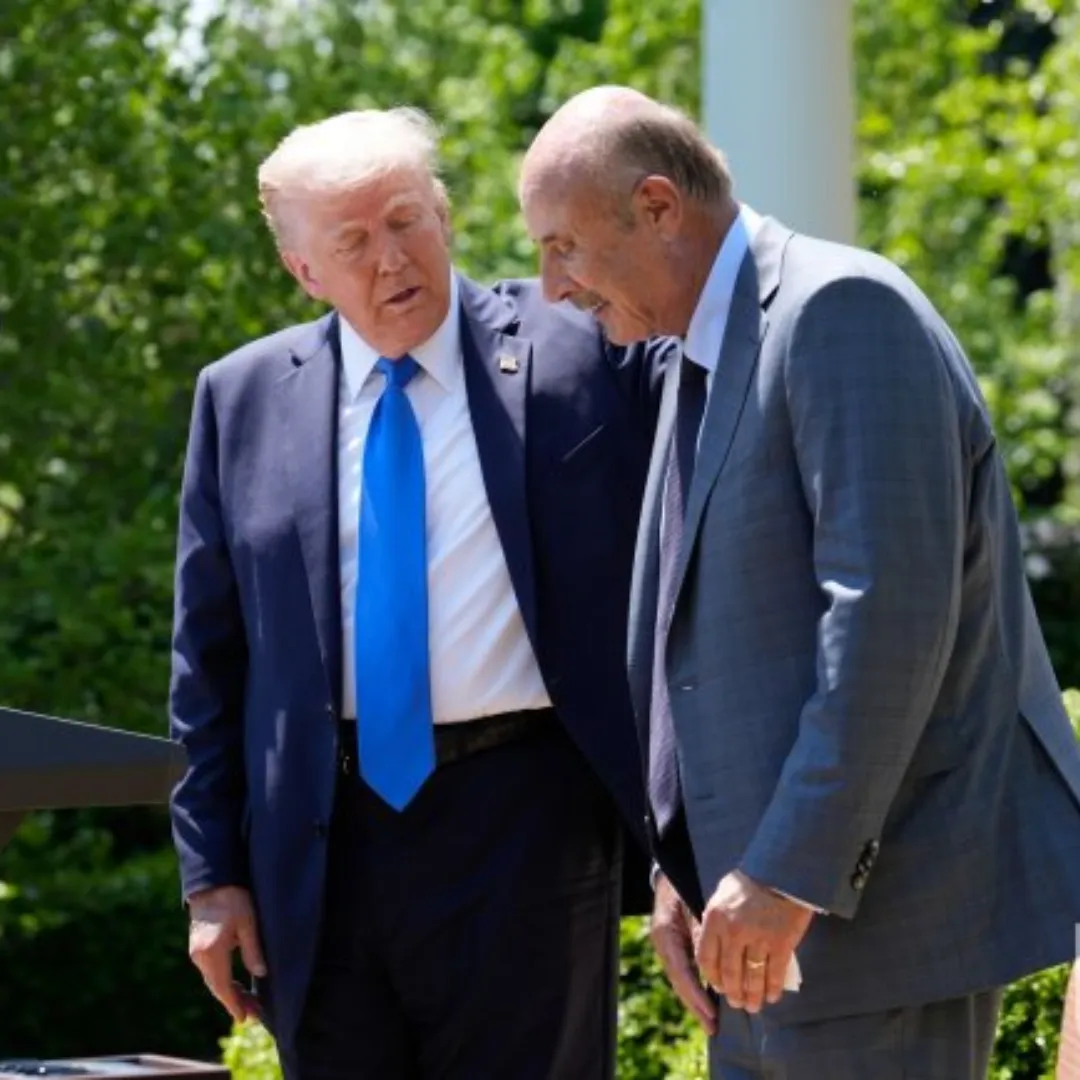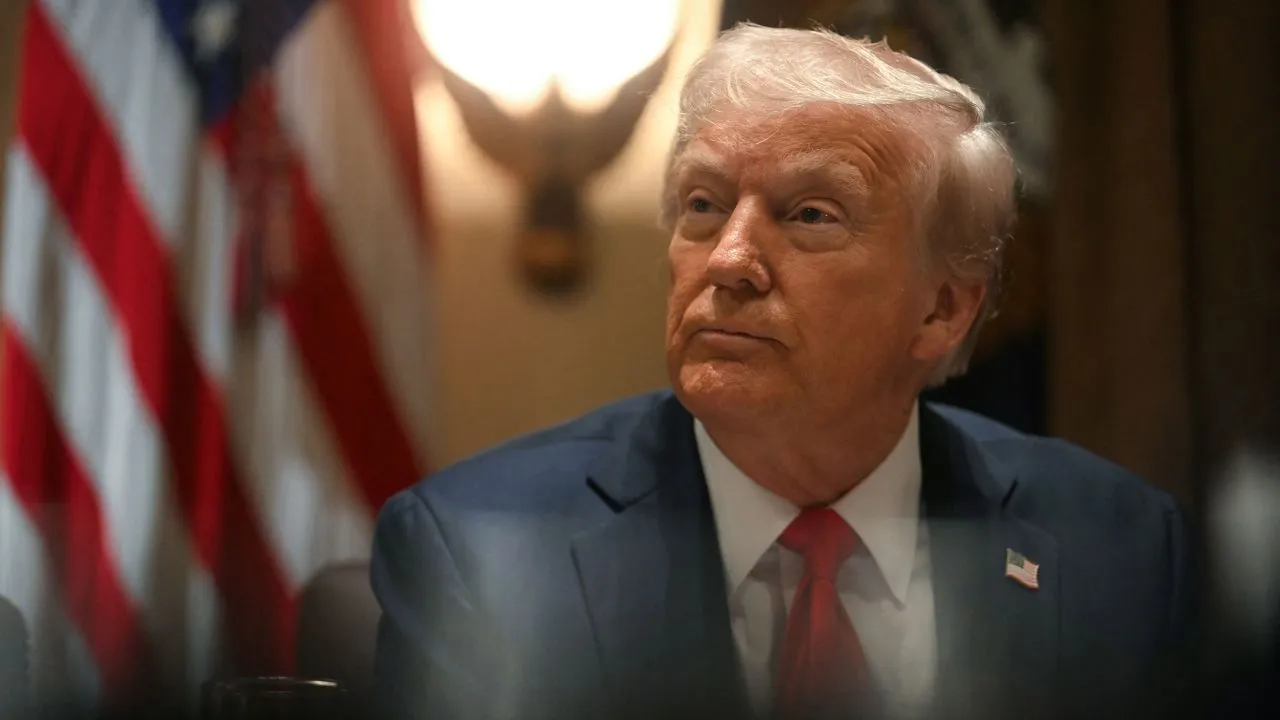
Defense Secretary Pete Hegseth has announced the beginning of efforts to dismantle a Department of Defense initiative designed to increase the role of women in peacebuilding and conflict resolution.
The program, known as Women, Peace and Security, or WPS, was originally enacted into law during the Trump administration and supported by members of both major political parties. Despite that bipartisan legacy, Hegseth has now moved to curtail the initiative, framing it as a distraction from the military’s core mission.
In a public post on the platform X, Hegseth shared his decision on Tuesday morning. “This morning, I proudly ENDED the ‘Women, Peace & Security’ (WPS) program inside the [Defense Department],” he wrote.
He further described the program as a “woke divisive/social justice/Biden initiative that overburdens our commanders and troops — distracting from our core task: WAR-FIGHTING.”
Hegseth claimed that the WPS program originated from globalist ideology, calling it a “UNITED NATIONS program pushed by feminists and left-wing activists,” and asserted that “troops HATE it.” His tone echoed broader criticisms he has previously voiced about diversity and inclusion efforts across the military, which he believes weaken rather than strengthen the U.S. armed forces.
While the Defense Secretary lacks unilateral authority to entirely eliminate a program created by federal statute, he stated that the Pentagon would comply only with the minimum legal obligations of the WPS Act. He also committed to working toward its full defunding during the upcoming budget process, signaling a longer-term plan to erase the program through legislative and bureaucratic means.
The WPS initiative was signed into law in 2017 by then-President Donald Trump and was celebrated at the time as a landmark achievement for women’s global security participation. Trump administration officials, including some who now serve in his current campaign or cabinet, played instrumental roles in crafting and endorsing the law.
The bill’s authors included Kristi Noem, who was then a representative from South Dakota and now serves as Homeland Security Secretary, and Representative Jan Schakowsky, a Democrat from Illinois. The Senate version had bipartisan support as well, with Marco Rubio — now Secretary of State — serving as a key co-sponsor. Rubio praised the WPS Act as recently as this month, calling it “the first law passed by any country in the world focused on protecting women and promoting their participation in society.”

Mike Waltz, currently a national security advisor and formerly a member of Congress, helped found the WPS Caucus and was a major advocate of the law. Even Trump’s own campaign website touted the WPS Act as one of the key achievements of his administration on behalf of women.
Despite this shared history, Hegseth has distanced himself from that legacy, suggesting that while the program may have started as a straightforward security measure, it has since been misused.
“The Biden administration distorted & weaponized the straight-forward & security-focused WPS initiative launched in 2017,” Hegseth claimed, although he did not provide specific evidence to support this assertion.
The WPS Act mandates that the Department of Defense, along with the State Department and other federal agencies, integrate gender perspectives into international conflict prevention, resolution, and recovery work.
Since its implementation, WPS has led to action plans within the Pentagon outlining how to increase female participation in peace operations, as well as how to better protect women and girls in conflict zones. The Biden administration last updated its WPS guidance in December, aiming to further integrate the program into military planning and training.
Hegseth’s effort to roll back the program has ignited swift criticism, especially from lawmakers who helped shepherd the bipartisan legislation through Congress. Senator Jeanne Shaheen, a Democrat from New Hampshire and senior member of the Senate Armed Services Committee, issued a strong rebuke.
“Every combatant commander who comes through my office highlights the strategic advantage WPS gives U.S. forward deployed forces,” Shaheen said in a public statement.
“This follows a dangerous and disturbing pattern from the Secretary, who clearly does not listen to advice from senior military leaders. He also continues to ignore the invaluable role women play in our national security.”

Shaheen emphasized that the program is rooted in strategic priorities, not ideology. “It’s startling that just because the word ‘women’ is in the title, this evidence-based security program has been reduced to a DEI program,” she added, referring to the broader diversity, equity, and inclusion efforts that have come under fire in recent months.
Representative Lois Frankel of Florida, co-chair of the WPS Caucus, also condemned the decision. “The Women, Peace, and Security (WPS) initiative isn’t ‘woke’—it’s smart, strategic policy grounded in decades of research and bipartisan law, signed by President Trump in 2017,” Frankel said.
“Dismissing WPS as a ‘UN feminist plot’ is not just ignorant—it’s dangerous. It denies the reality on the ground, ignores our own defense and diplomatic priorities, and weakens our national security.”
In addition to attacking the WPS initiative, Hegseth has made clear that he intends to continue dismantling a range of diversity and inclusion measures across the military.
Since taking over the Pentagon, he has canceled official commemorations for heritage months such as Black History Month and ordered the removal of certain books from service academy libraries. Among the removed materials were books covering the Holocaust, civil rights movements, and gender equality.
Hegseth has also directed the Army and Air Force to compile lists of books and resources deemed related to diversity, equity, and inclusion, a move some critics say amounts to a modern-day book ban under the guise of military readiness.
Supporters of WPS argue that the program is not about ideology but about operational effectiveness. Research has shown that women’s involvement in peace negotiations increases the durability and quality of agreements.
Similarly, the inclusion of women in security forces around the world has been linked to improved local engagement, intelligence gathering, and trust-building in conflict zones.

Proponents inside the military, including senior officers, have consistently voiced support for WPS, viewing it as a tool that enhances strategic outcomes. Commanders in U.S. Africa Command, U.S. Indo-Pacific Command, and U.S. European Command have all testified in favor of the program, pointing to its practical benefits on the ground.
Internationally, U.S. allies have adopted similar frameworks, inspired in part by the American model. NATO countries and partners in regions ranging from the Balkans to Sub-Saharan Africa have used WPS guidelines to train peacekeepers, design civil-military cooperation programs, and prevent gender-based violence in post-conflict settings.
Hegseth’s decision, therefore, not only breaks with members of his own administration’s past positions but also distances the Pentagon from longstanding bipartisan and international consensus. Critics say the rollback risks undermining U.S. leadership in global peacebuilding efforts and sends a confusing signal about American values and priorities.
For now, the WPS Act remains in place, and its statutory requirements continue to bind the Pentagon to certain levels of compliance. However, by gutting internal funding, staffing, and leadership for the program, Hegseth could effectively sideline its influence within the Department of Defense.
His push to defund the initiative during the appropriations process will be a key legislative flashpoint in the coming months. Whether Congress will permit a program it overwhelmingly supported just a few years ago to be undone remains uncertain.
With lawmakers from both parties already voicing strong objections, and with national security experts continuing to endorse the strategic merits of WPS, the battle over the program may become a broader referendum on the military’s future direction and values.

As the debate unfolds, one question looms large: will the Pentagon return to a narrower view of warfighting, or will it continue to embrace a more comprehensive approach to peace and security that includes the voices and expertise of women?



